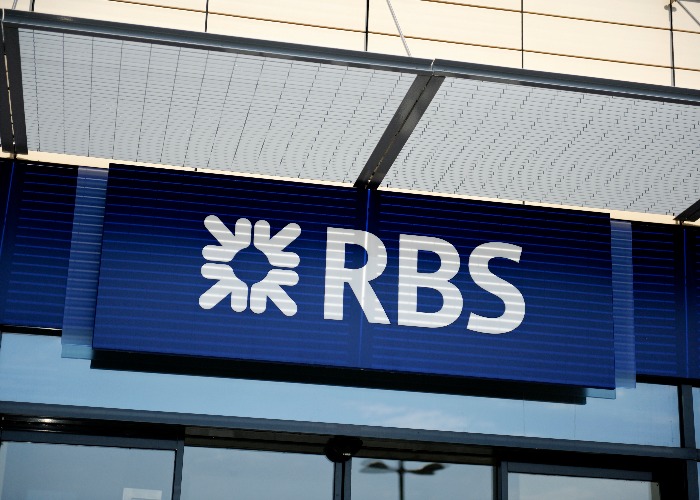YourPoints reward scheme dropped by Royal Bank of Scotland and NatWest

Reward scheme to go as a result of new European rules.
Royal Bank of Scotland (RBS) and NatWest have become the latest credit card providers to drop credit card perks as a result of new European credit card fee rules.
Last week Capital One announced it was going to stop offering cashback cards to new customers, as well as removing or altering the cashback rates for some existing customers from June.
Now RBS and NatWest have followed suit, dropping their YourPoints credit card reward schemes.
The YourPoints scheme allows you to earn one point for every £1 you spend on your credit card, which can then be cashed in for money off vouchers at places like Amazon, Boots and Harvey Nichols.
The banking group said the rewards scheme is being closed on 1st July to both RBS and NatWest customers, but it will be writing to affected customers from the end of April. The letters will explain how many points you have, what they are worth if you redeem them in rewards and what they are worth if you take them in cash.
A spokesperson said: “These regulatory changes would have an impact on our ability to recoup the costs of running multiple schemes, and so we are simplifying to focus on one reward scheme – Cashback Plus."
Cashback Plus is a cashback scheme available on credit and debit cards from the bank. For example, with the RBS Cashback Plus credit card you earn at least 1% cashback at partner retailers, 1% cashback at all supermarkets and 0.5% everywhere else. Until 30th June you get a bonus 1% cashback if you pay by contactless, while you can pocket a whopping 10% cashback on money spent in restaurants and bars.
[Related story: Capital One to cut cashback on credit cards after EU fees decision]
The new rules causing problems
The card changes are all down to interchange fees.
Interchange fees are charges paid by retailers to card issuers when a debit or credit card is used for a purchase. With credit cards, they tend to cost around 0.8%, but new regulations coming into force this year will cap them at 0.3%.
As a result, Capital One and RBS have moved to scale back their reward schemes, arguing that they are not sustainable. Time will tell if other providers follow suit.
However, it’s worth noting that for the first three years the cap will not apply to American Express-issued cards, so they should be safe for a while yet.
More on banking and borrowing:
The best cashback credit cards
The best 0% balance transfer credit cards
Comments
Be the first to comment
Do you want to comment on this article? You need to be signed in for this feature